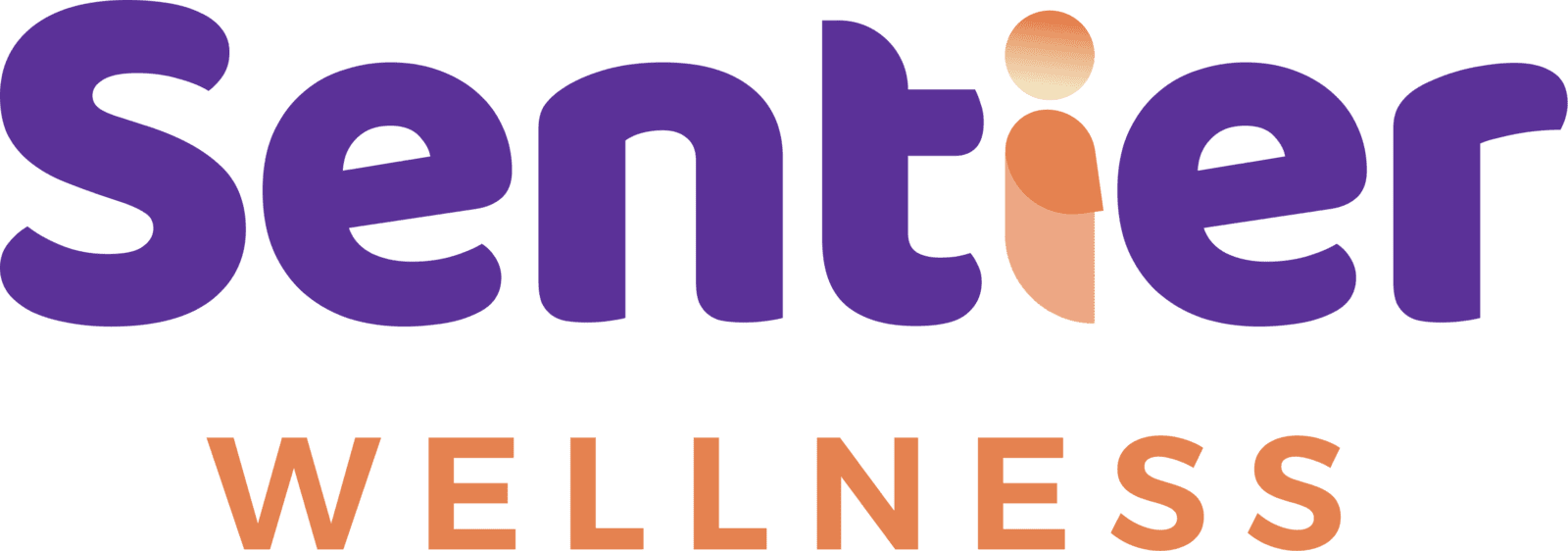You can feel it long before it shows up in a spreadsheet: projects slip, meetings turn tense, and the brightest employees go quiet. Ignoring workplace mental health doesn’t only harm individuals—it quietly taxes performance, drains budgets, and erodes the culture you’ve worked hard to build.
For organisations aiming at sustainable growth, mental health is no longer a “bonus perk.” It’s a business priority. And this is exactly where an Employee Assistance Program (EAP) and structured employee engagement activities play a crucial role.
The Hidden Costs of Poor Mental Health at Work
When employees are struggling, they don’t always take time off. Instead, they often show up—but at a fraction of their capacity. This phenomenon, known as presenteeism, is costly. Deloitte’s analysis estimates that poor mental health costs UK employers £51 billion per year, with presenteeism being the largest portion of the bill.
This doesn’t just impact sick leave. Mental strain ripples across teams:
Collaboration slows
Conflict escalates
Innovation flatlines
The longer leaders delay action, the more these hidden costs compound.
Burnout: A Culture Problem, Not Just an HR Issue
Burnout doesn’t reside in one person—it thrives in workplace environments where workload, fairness, control, and values are misaligned. This makes mental health a systemic issue, not just a once-a-year employee engagement activity.
Cultures that ignore mental health often experience:
Talent loss, especially among high performers
Middle managers overwhelmed balancing pressure with people needs
Trust erosion, as overwork and silence become the norm
These are not “soft” issues; they directly affect execution speed, quality, and overall workplace performance.
The ROI of Mental Health & Employee Care
The good news: investing in employee care pays off. According to the World Health Organisation, every US$1 invested in scaled treatment for depression and anxiety returns US$4 in improved productivity and health outcomes.
This proves that mental health isn’t a cost—it’s performance insurance. And an EAP program combined with employee engagement initiatives can be the most effective way to build this support.
Practical Solutions: From Awareness to Action
At Sentier Wellness, we help organisations move from awareness to operationalised care. Our EAP services and employee engagement programs are designed to be practical, measurable, and integrated into everyday work.
Here’s how we support your teams:
Mental fitness programs to build resilience and focus
Confidential counselling (EAP counselling) pathways employees trust
Leader labs to coach managers on healthy workload design
Employee engagement activities in office/remote setups to boost morale and teamwork
Data & dashboards to spot early risks and intervene
Crisis support protocols that protect people and performance
By embedding employee assistance services and fun team engagement activities into workplace culture, organisations see stronger performance, reduced attrition, and healthier employees.
The cost of ignoring mental health is paid in cash and culture: lost productivity today and lost trust tomorrow. The return on caring is equally dual: stronger performance and a workplace where people thrive.
Your organisation is already investing—either in the drag of inaction or in the lift of support. With the right mix of employee assistance programs (EAP services) and employee engagement activities, the choice is clear: invest in well-being, and success follows.
Explore our Services page or return to our Home Page


